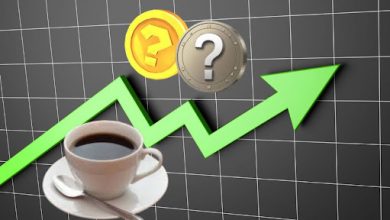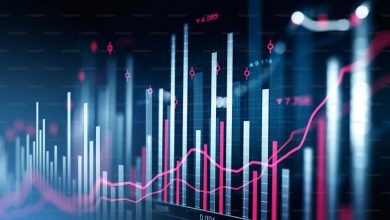Dmitrii Khasanov: How Political Events Shape the Market

The stock market is literally a mood barometer. Here every piece of news (even fake one sometimes) and every government statement can trigger fluctuations. Political events, in particular, have a hugely deep impact on market dynamics, acting as either a catalyst or a brake. In response to these shifts, investors often face a dilemma of how they should interpret the impact of politics on their assets.
Dmitrii Khasanov, experienced investor and founder of the Arrow Stars fund, explains that understanding this impact requires a blend of theory, an analysis of underlying mechanisms, and the ability to uncover the deeper economic logic behind the headlines. Let’s dive into the details with his expert insights.
What drives market reaction
When significant events unfold on the political stage, financial markets react almost instantly. But what exactly triggers these movements? Dmitrii Khasanov explains that the impact of political events can be broken down into two key mechanisms: direct and indirect.
Direct Impact occurs when political decisions immediately influence economic policies or specific industries. For example, new sanctions might sharply limit the export of certain goods, while changes in tax laws directly affect corporate profitability. These events have an immediate effect—investors see the rules of the game shift and quickly adjust their strategies.
Indirect Impact, on the other hand, is about shifts in market sentiment and expectations. Sometimes, a mere hint of potential change is enough to cause volatility. Even if the actual economic outcomes are unclear, uncertainty itself can lead to panic selling or, conversely, a rush toward “safe” assets.
“Politics often creates an atmosphere of anticipation,” Dmitrii notes. “In these moments, the market becomes especially sensitive. Even if nothing has happened yet, the possibility of change forces investors to rethink their portfolios.”
How the market reacts
To understand why the market reacts so strongly to political events, it’s helpful to look at the economic theories. Here, Dmitrii Khasanov outlines three main perspectives that explain this phenomenon.
The first is the Efficient Market Hypothesis. This theory says that stock prices always reflect all available information, including political expectations. But surprises like sudden sanctions or unexpected election results can disrupt this balance and lead to sharp price movements.
The second is the Uncertainty Theory, which highlights how political events inevitably increase uncertainty. Investors start speculating: How will this affect the economy? Will it benefit certain industries, or will it cause a downturn? This uncertainty often drives higher volatility in the market.
And the third one is Behavioral Finance. It focuses on the power of emotions. Politics often triggers strong emotional reactions such as panic, euphoria or fear, which push investors to make impulsive decisions, frequently to their own detriment.
Simple examples
The U.S.-China trade war, which started 6 years ago, is a good example of how political decisions can rattle financial markets. When tariffs on Chinese goods were raised, it sent ripples across industries. Apple’s stock, for instance, tumbled by over 30% that year. China wasn’t just a major market for Apple’s products—it was also a key link in its production chain.
Not every company took a hit, though. Walmart managed the economic storm by diversifying its supply chain, reducing its dependence on China. On the flip side, agricultural giants like Deere & Company struggled, facing sharp revenue declines due to China’s retaliatory tariffs on US exports like soybeans.
Fast forward to 2024, the re-election of Donald Trump triggered an immediate reaction in the markets. U.S. indices like the S&P 500 and Dow Jones soared to record highs, driven by expectations of tax cuts and protectionist policies during his second term.
The U.S. dollar also surged, gaining 1.65% against major currencies like the euro, pound, and yen. Investors bet on policies that could tame inflation and bolster the economy. The pound slipped 1.16% against the dollar, hitting its lowest point since August, while the euro dropped nearly 1.9%. These shifts spilled over into European markets, with Germany’s DAX and France’s CAC 40 both feeling the pressure.
Even the cryptocurrency market got in on the action. Bitcoin hit an all-time high, fueled by Trump’s remarks in favor of crypto initiatives. This added to the broader wave of optimism as investors braced for a new chapter in economic policy.
How to deal with that?
Political events are a part of the investment we can’t avoid — no one actually can. They create huge uncertainty, amplify volatility, and shift market sentiment. When figuring out all this instability, it’s important to keep in mind that markets are not always rational. The key to standing out as a successful investor lies in cutting through the noise and focusing on the actual economic impact of these triggers. “Politics and economics are deeply interconnected, and understanding that relationship not only protects your capital but also helps it grow,” Dmitrii concludes.
In moments of heightened emotions, those who rely on facts rather than fear

Source: Dmitrii Khasanov: How Political Events Shape the Market




